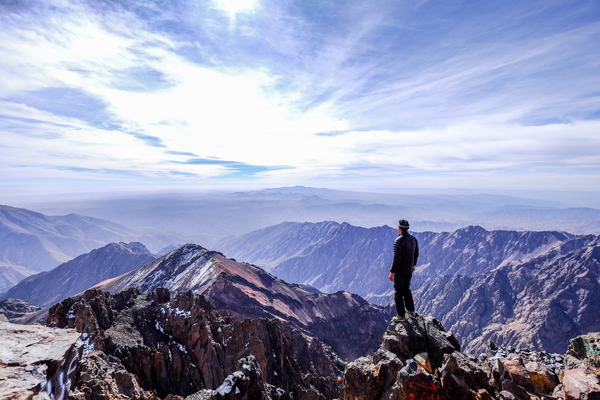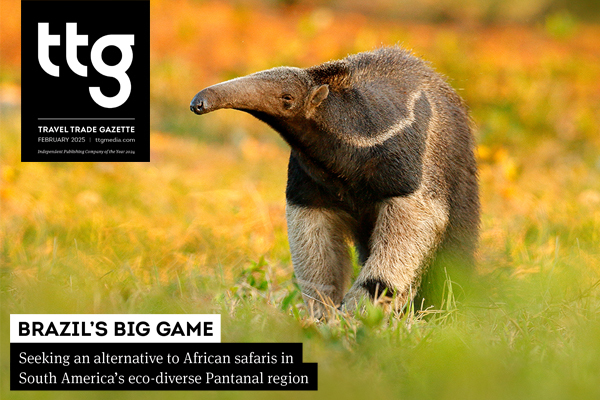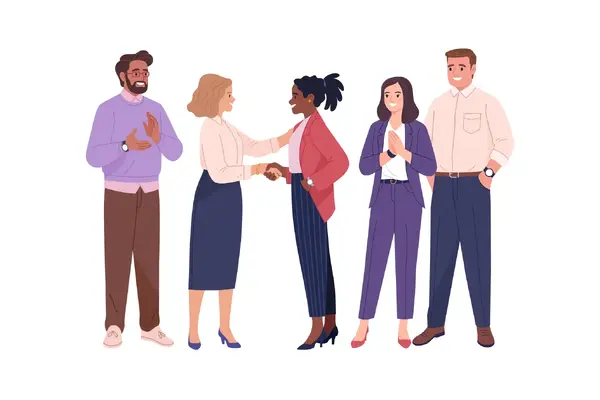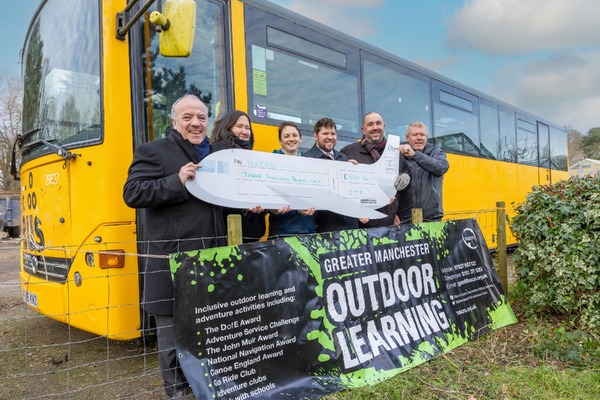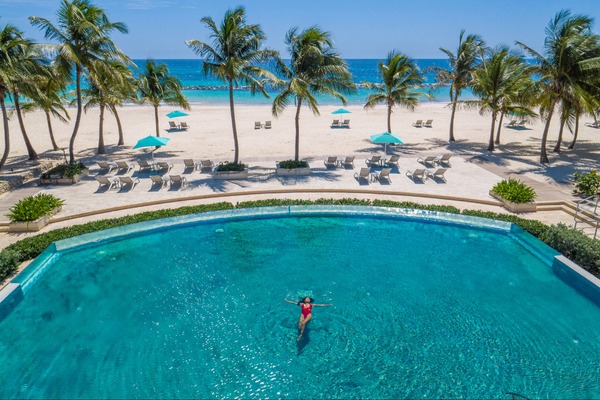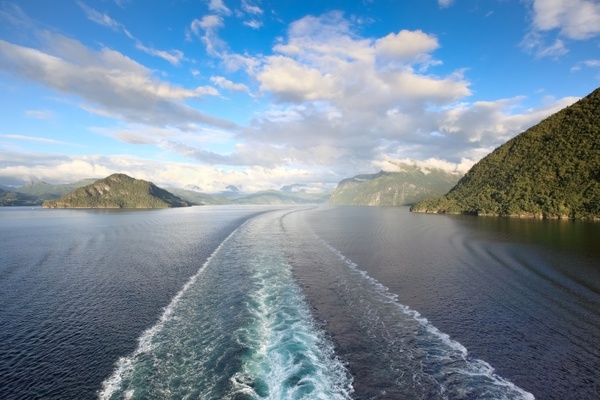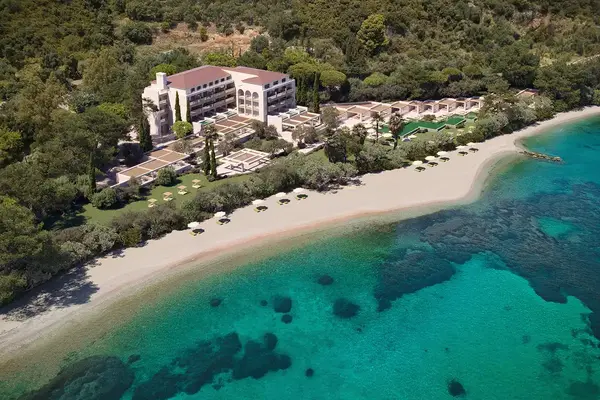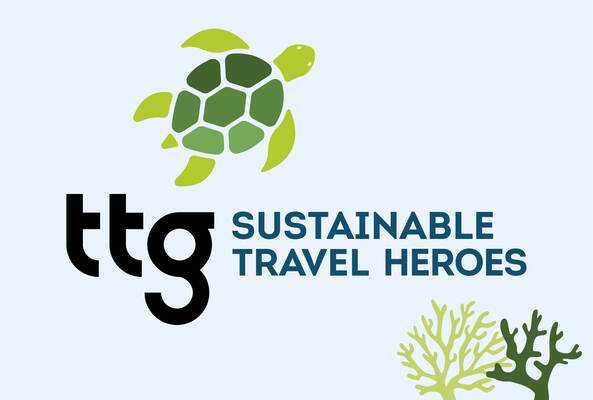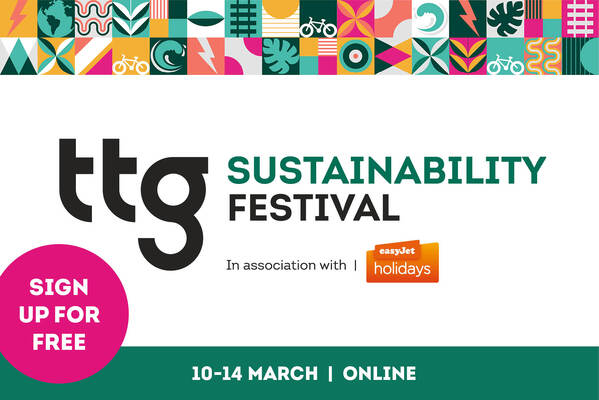Adventure travel leads express hope for carbon labelling to become an industry ‘common currency’
 Sarah Dennis
Sarah DennisCalls have been reawakened for an industry standard to carbon labelling products and trips run by travel businesses.
Speaking at the Adventure Travel Networking conference last week in London (29 February), Explore Worldwide’s sustainability specialist Hannah Methven expressed how much she would “love” a standard for carbon labelling across the travel industry.
“The fact there isn’t is a small difficulty right now if you’re trying to start. If you have a standard to follow, then it means for customers they’re looking at the same thing every time,” she told delegates.
Paul Easto, founder of experiential DMC Wilderness Group, which through partnering with environmental consultancy ecollective has measured the carbon footprint of its business and provided labelling for all its trips, echoed the sentiment. “I hope this becomes common currency so consumers can understand the impact of their travel choice,” he said.
Methven added she would “welcome” legislation in the area but insisted that it was important that companies were not penalised.
“That would be a bit rubbish; you may not have the resource after Covid, we are lucky at Explore in that this is my full-time job. I would welcome legislation in making everyone do it because it’s really helped us focus on what we’re doing over the next few years.”
Asked candidly if they thought carbon labelling had an impact on how consumers choose a booking, both panellists conceded it was currently unlikely to be front and centre of choice.
Methven said: “Right now, they’re not looking at that and making a decision. Sustainability is only part of that decision, but we’ve got the opportunity to present all the trips’ footprint, and actually, it’s up to Explore to reduce the footprint, not the customers.
“That’s where our supply chain comes in to encourage the people they’re working with. We champion those who are doing more, if we all share the things we learned, everyone can uplift and raise to the same standard.”
Easto added: “The key is to make it make sense for the consumer. What is 120kg of Co2 equivalent – it means nothing for the consumer. That’s where the conversation will evolve. The more people that do it, the more it will become understood.”
He acknowledged the difficulty and “heavy lifting” involved in the process, particularly when measuring the transport element of a trip, but said: “On the ground, in-country emissions is where we can all play a part.”
Methven insisted: “The ultimate thing is to have a baseline so you can compare but if all you do is focus on one small thing right now, and make an action to reduce that, that’s good, because you chip away at it, bit by bit.”
Easto called for viewing carbon as one part of the picture when measuring the environmental and social impact of trips: “We all do international tourism. It’s important not to let carbon be a binary discussion. The social, environmental and community benefits that come from trips are massive, so to say ‘I’m not going to go because of carbon’ – you need to view it in the round.”
Economic leakage
A separate panel at Adventure Travel Networking 2024 took in the effects of economic leakage in tourism.
Alex Narracott, founder of Much Better Adventures, told the audience and moderator Holly Tuppen, who debated the justification for “getting on that plane and what happens at the other end”, that there “is such a thing as tourism that can have a positive impact”.
“Is it the norm? Absolutely not, but two main areas are the impact we can have on nature conservation and the economic incentives for protecting the natural world. Interlinked with that is benefitting the people in those communities. They come as a package.”
Narracott advocated for the adventure travel sector to lead the way in communicating the benefits of minimising economic leakage, but conceded that adventure travel is not the only choice for consumers. “We can be a case study for the rest of industry and push standards. It’s about getting incredibly critical with your supply chain and asking a lot of hard questions.”
He detailed the hard questions Much Better Adventures is “prepared” to ask, including full disclosure on the ownership structure of each of its partners and assessments of bank accounts and, when looking at itinerary design, ensuring customer interactions are with local suppliers.
“By doing this you’re creating a fantastic experiential differential for the customer. We have this fantastic opportunity where we can bring small scale local businesses to the customer and really help them to reach the market.”
Editor of Adventure.com Meera Dattani, speaking on the same panel, concluded: “There are many communities that don’t have a say in the way things are run so good community-based tourism gives the chance to have a long-term impact on a place.”
But she stressed: “It’s really important not to see it as a form of saviourism. Really good community-based tourism feels really equal and there’s a lot of empowerment, when it’s done really well, and you feel that when you’re there.”
Sign up for weekday travel news and analysis straight to your inbox

Sarah Dennis
Supplier Directory
Find contacts for 260+ travel suppliers. Type name, company or destination.
